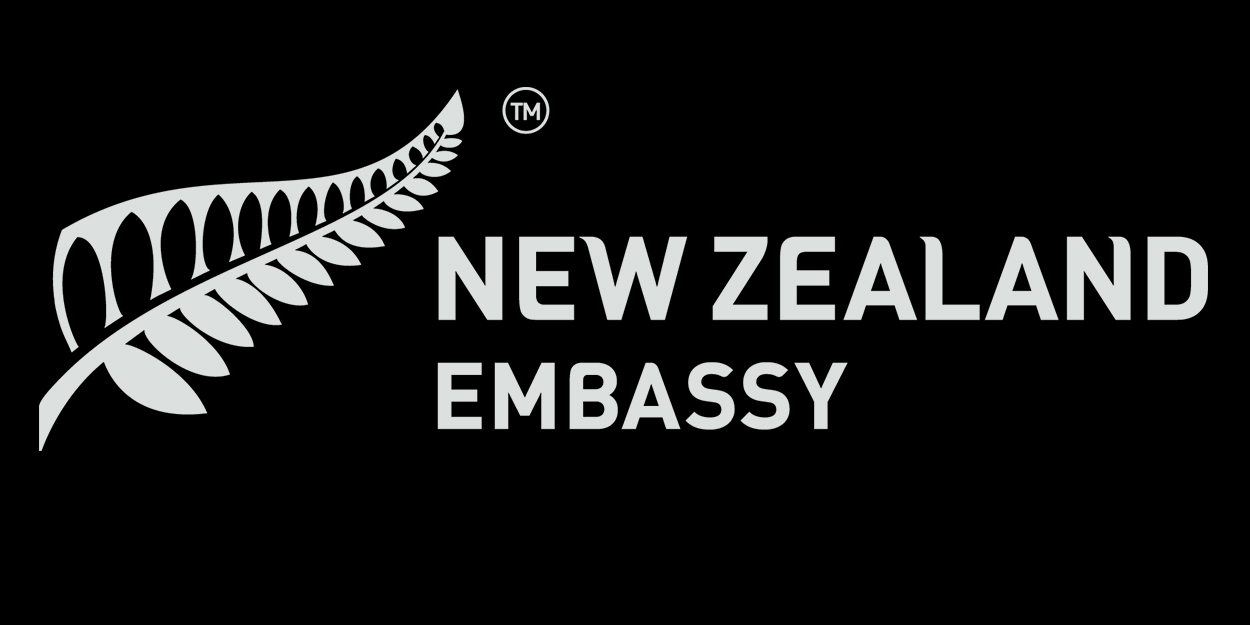
Winners of the New Zealand Embassy in Mexico Fund 2019-2020
In 2019 RACI collaborated once again with the co-managing of the New Zealand Embassy in Mexico Fund.
During the call, the Network received and evaluated 213 projects from 8 different countries. Most of the proposals came from Mexico, from which 123 projects were presented, followed by El Salvador with 21. Calls were also received from Guatemala, Nicaragua, the Dominican Republic, Costa Rica, Panama and Cuba.
RACI evaluated the projects using the same scoring system that analyzed different categories such as project feasibility, impact, rigor, and budget analysis, between other variables that were taken into account.
The themes proposed in the call by the New Zealand Embassy were «Education», «Community Development», «Food Safety», «Climate Change and Adaptability», «Sustainable Agro industrial Development», and «Disaster Relief”. Although some projects covered more than one theme, the issues that were the most discussed were the first two.
Once the evaluations were completed, the New Zealand Embassy chose the following organizations: Jóvenes Emprendedores Horizonte 2000 AC, Nutre un Niño AC, Asociación Mexicana de Transformación Rural y Urbana AC, Red Nacional de Organizaciones y Empresas Sociales Noremso AC, from Mexico ; Fundación para el Desarrollo Empresarial de Matagalpa from Nicaragua; FEDECOCAGUA from Guatemala; Microregión Nor-Oriental de Morazán from El Salvador; The Lucy Foundation; and finally the Asociación Mar a Mar Costa Rica from Costa Rica.
Each of these organizations presented innovative projects strongly committed to improving the quality of life of the inhabitants of the different areas proposed by the New Zealand Embassy in Mexico.
Asociación Mar a Mar Costa Rica, from Costa Rica, has rural development as its main objective, as well as to maintain the picturesque landscapes of the country, from coast to coast. The project consisted of promoting the economic development of rural indigenous populations through eco-tourism.
From El Salvador, the Microregión Nor-Oriental de Morazán seeks to install 20 rainwater harvesting systems in different parts of the Morazán Department, thus benefiting 70 people without access to water.
FEDECOCAGUA, RL, from Guatemala, seeks as a Federation to close the gap between small producers and importers. In the project that was presented, they proposed implementing learning stations to promote healthy homes in the Department of Huehuetenango.
On the other hand, the organization Nutre un Niño AC, originally from Mexico and focusing its project in La Perla, Veracruz, points out the need to promote health care in rural indigenous communities.
From Chiapas, Mexico, the organization Jóvenes Emprendedores Horizonte 2000 AC presented a project consisting of building stoves for indigenous women in the area, and thus preventing frequent complications such as lung cancer for women who cook with unsuitable stoves.
Furthermore, The Lucy Foundation seeks, through the training of people with disabilities, to promote education and commerce.
Asociación Mexicana de Transformación Rural y Urbana A.C., from Mexico, focuses mainly on the inclusion and transformation of marginalized communities in the country. It seeks to promote local participation and improve the quality of life of the population.
Originally from Ixmiquilpan Hidalgo, Mexico, the Red Nacional de Organizaciones y Empresas Sociales Noremso A.C., presented a project that has the objective of inserting and strengthening the olive-producing indigenous communities in El Olivo.
Finally, from Nicaragua, the Fundación para el Desarrollo Empresarial de Matagalpa (FUDEMAT) focused on improving the food security of 36 women to improve the nutritional conditions of their families.

